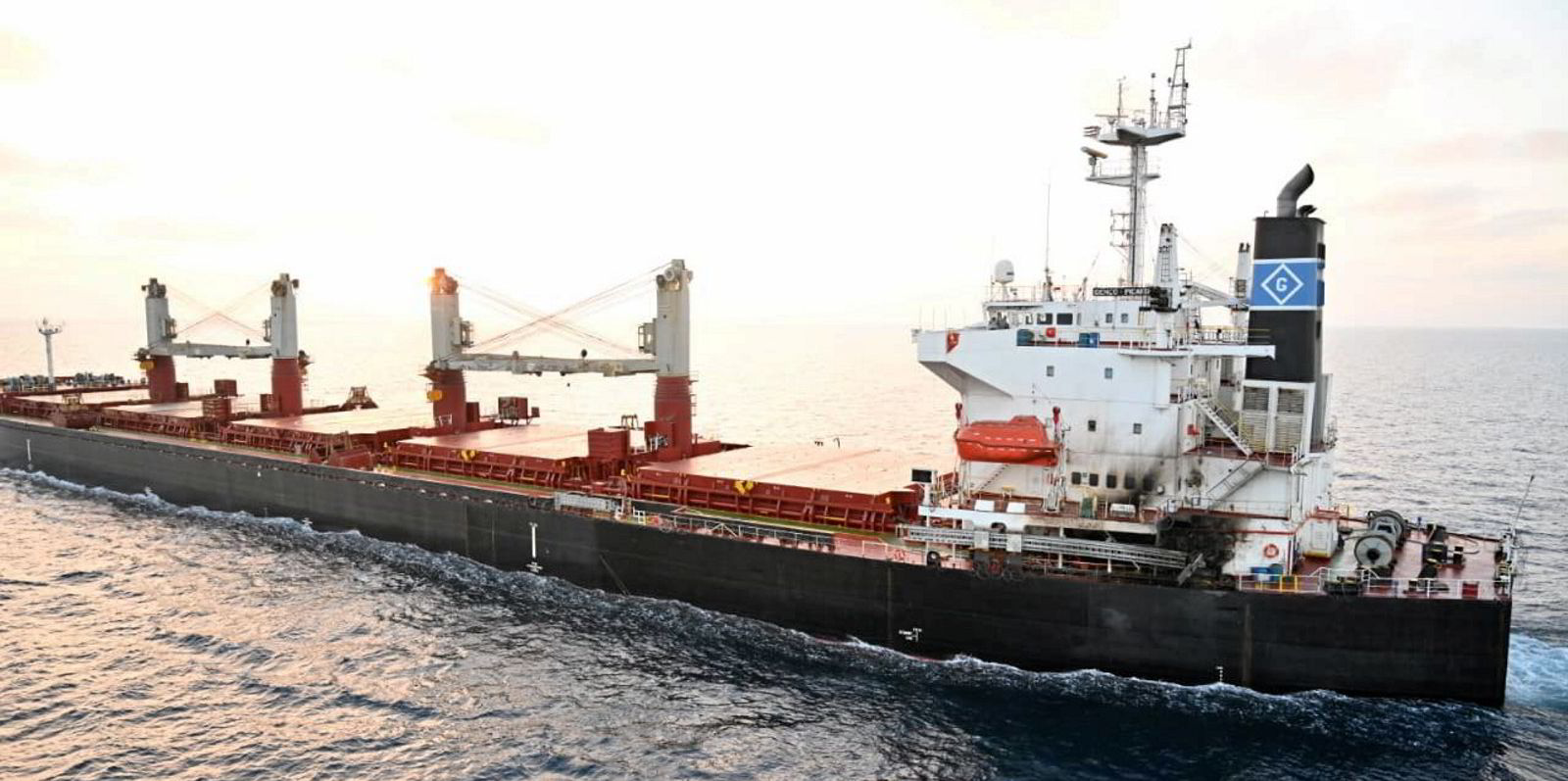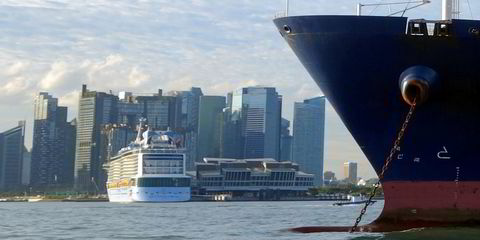Tanker traffic in the Middle East is being seriously affected by the Houthi attacks, according to Clarksons Research.
Managing director Steve Gordon said overall Red Sea tonnage transits have fallen a further 10% after recent military escalation, with Gulf of Aden arrivals 65% lower than 2023 levels.
Container ship passages remain very low, driving freight rates up 200% since the start of December, but increases in charter rates have been a more modest 8%.
“Tanker disruption [is] now more evident, with tonnage entering the Gulf of Aden down 45% on 2023 levels,” Gordon noted.
Route-specific hikes in rates are developing. Gordon said there is a market expectation that tonne-mile effects and tonnage availability disruption may affect markets further.
Bulker flow is continuing, with crossings down only 20% and more limited freight market impacts expected at present, Clarksons Research calculated.
The company suggests the situation is adding about 2.4% to global shipping demand via tonne-miles, with significant impacts for boxships (up 8.6%), car carriers(up 6.4%) and product carriers (up 5.6%). LNG carrier demand has risen 4.4%.
“Developments remain dynamic, [with] many shipping market participants waiting to see how the situation develops and markets respond,” Gordon said.
From 12 to 16 January, clean tanker arrivals in the Gulf of Aden plunged 65%. Crude ships were down 35%.
Rates responding
Tanker rates have generally moved higher over the past week, and sentiment for product carriers appears to have improved, Gordon argued.
Forward freight agreements for LR1s heading from the Middle East to Japan have risen 25% since 11 January.
In the chemical tanker sector, rates from the Middle East westbound have put on 20% by 12 January.
“Recent days have seen a major escalation in tensions, with security and industry association guidance updated and an extension of companies announcing a pause of transits in the area,” Gordon said.
At least 30 ships have been attacked in the region.
A number of Scandinavian tanker and bulker owners, Japanese majors and Western energy companies have halted passages in recent days.
Container lines faced with uncertainty caused by the disruption have reportedly been suspending long-term freight contract offers, Gordon added.
“We currently estimate that the developing impacts may be more significant for the products sector than crude, given the profile of trade flows through the region,” he said.
But he added: “In the tanker sector in particular, a situation where more significant rerouting was required, shifts in trading partners and trade flow patterns would be more likely to materialise than rerouting of existing country-to-country trade flows.”






